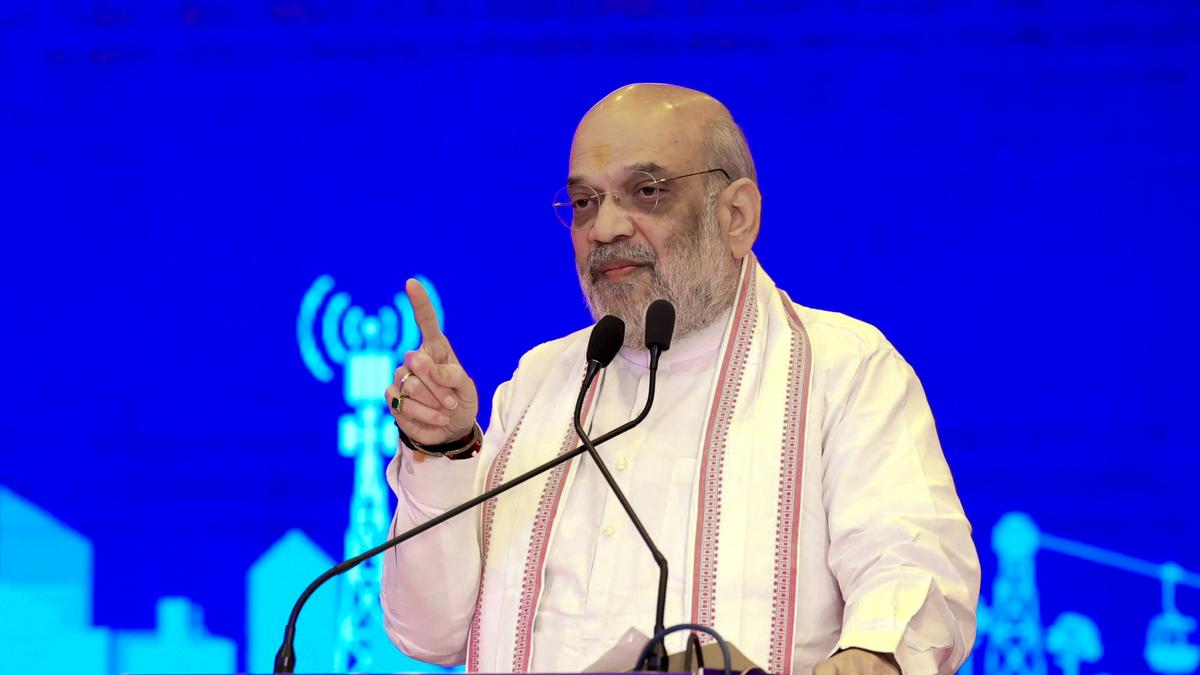Now Reading: Justice Sundresh Steps Aside from Hearing Surendra Gadling’s Bail Plea in Elgar Parishad Case
-
01
Justice Sundresh Steps Aside from Hearing Surendra Gadling’s Bail Plea in Elgar Parishad Case
Justice Sundresh Steps Aside from Hearing Surendra Gadling’s Bail Plea in Elgar Parishad Case
Speedy Summary
- Justice M.M. Sundresh of the Supreme Court recused himself from hearing advocate Surendra Gadling’s bail plea in the Elgar Parishad-Maoist links case on August 26, 2025.
- The apex court website indicates the matter will not be listed before Justice Sundresh anymore.
- The hearing was initially set to be conducted by a bench comprising Justices M.M. Sundresh and N. Kotiswar Singh.
- Advocate Surendra Gadling has been in incarceration for 6.5 years; his bail plea has reportedly been adjourned 11 times in the Supreme Court, as mentioned by senior advocate Anand grover on August 8.
- Previous benches have deferred both Gadling’s bail hearings and petitions challenging Bombay High Court-granted bail to co-accused Mahesh Raut.
- Gadling is accused of aiding Maoists, providing sensitive facts, opposing mining operations, and instigating locals for Maoist movements under charges processed thru the Unlawful Activities Prevention Act (UAPA) and Indian Penal Code (IPC).
- A focal point of the case is alleged provocative speeches made at Pune’s Elgar Parishad conclave on December 31, 2017; these speeches purportedly incited violence at Koregaon-Bhima war memorial near Pune on January 1, 2018.
Indian Opinion Analysis
The recusal of Justice M.M.Sundresh from hearing Surendra Gadling’s bail plea introduces another delay in this complex case that has spanned over six years without resolution regarding key matters like prolonged incarceration under UAPA charges. This demonstrates systemic challenges rooted within India’s judicial framework when handling cases involving national security concerns alongside human rights considerations.
The recurring adjournments-highlighted by reports indicating over ten delays-may suggest procedural bottlenecks that merit introspection for expediting justice delivery without undermining due process or safety concerns raised by investigative authorities like NIA. Moreover, allegations linking individuals to provocative activities during events such as government protests emphasize India’s judicial role in distinguishing between dissenting voices versus activities construed as threats against public order or national integrity.
For India’s legal landscape emphasizing accountability under laws such as UAPA while upholding fundamental rights enshrined within its Constitution equally carries weight amid global observation toward democratic safeguards adhering neutrality> complexities inheriting broader sociopolitical balance interpretations await reshaping future pathways possibly Read >
























